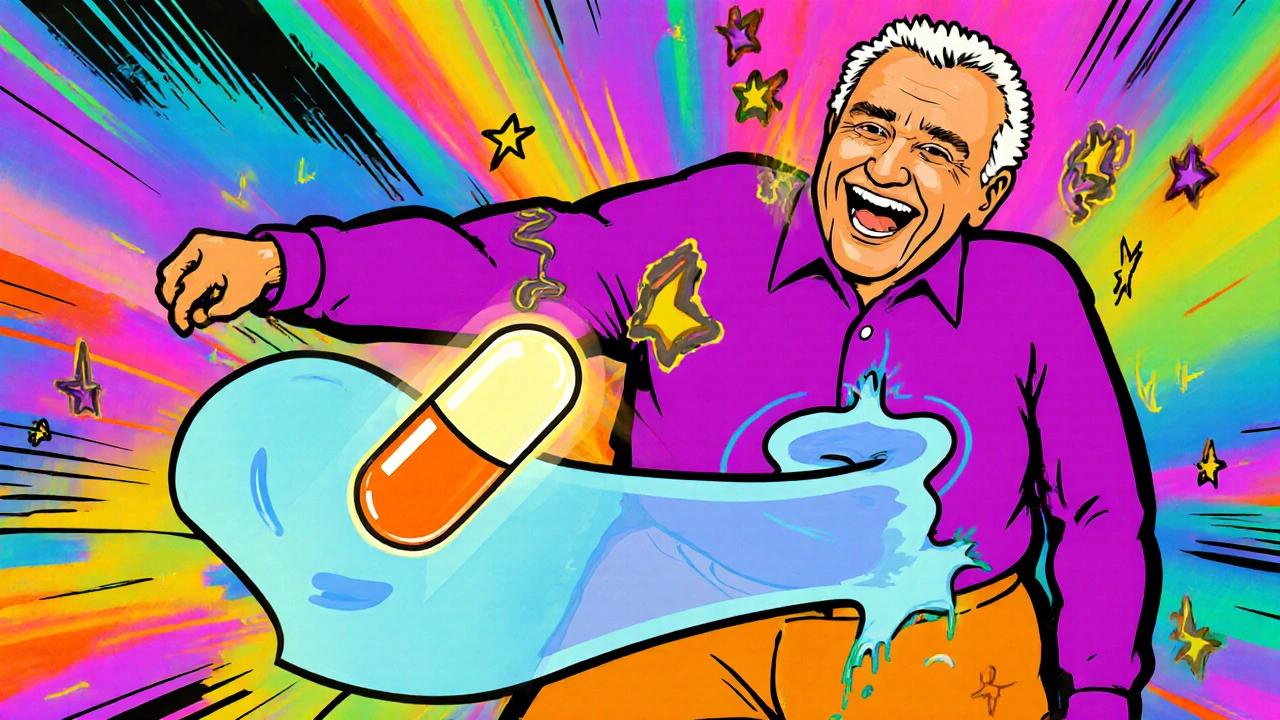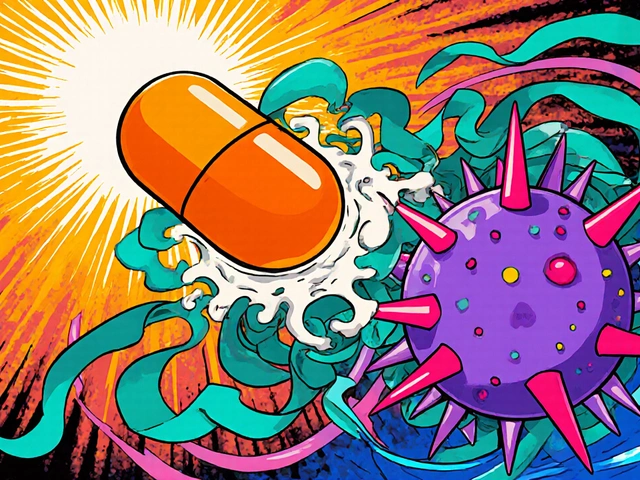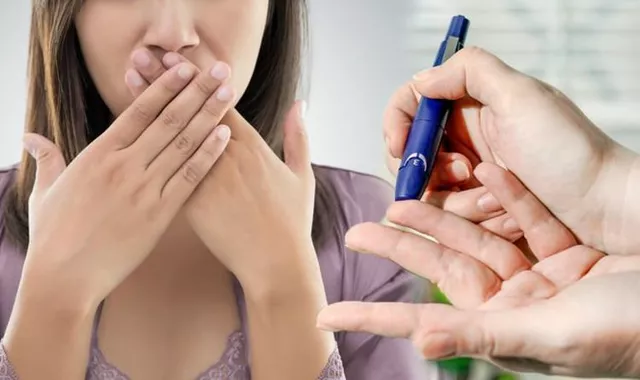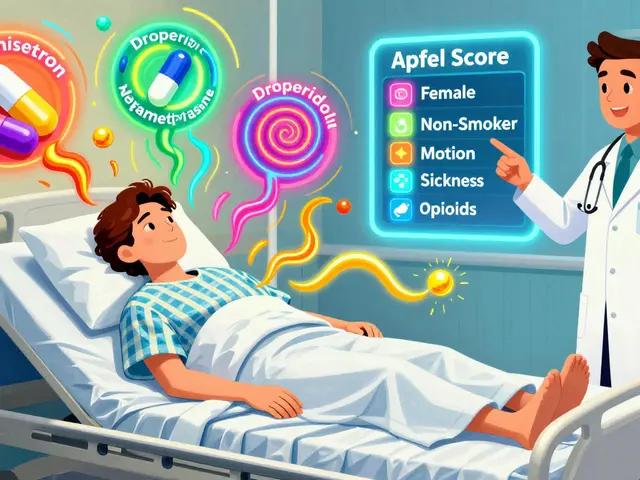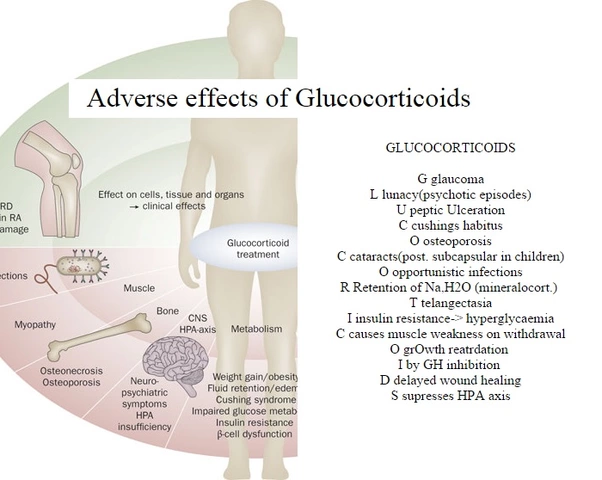Urinary Incontinence: Causes, Treatments, and Medications That Help
When you urinary incontinence, the unintentional loss of urine due to weakened bladder control. Also known as bladder leakage, it’s not just an aging issue—it affects people of all ages, from athletes to new parents, and often goes unspoken because of shame. But it’s a medical condition, not a personal failure, and there are real, proven ways to manage it.
One common trigger is an overactive bladder, a condition where the bladder muscles contract too often, even when not full. This can be worsened by caffeine, certain medications, or nerve damage. For some, the problem starts after surgery or childbirth. Others notice it during exercise, coughing, or even laughing. The good news? Medications like desmopressin, a synthetic hormone that reduces nighttime urine production are used to treat specific types, especially nocturnal incontinence. And dapoxetine, a drug primarily known for treating premature ejaculation, has shown unexpected benefits in some patients by improving pelvic floor control and reducing urgency—linking mental and physical bladder function in ways doctors are still studying.
It’s not all pills. Lifestyle changes, pelvic floor exercises, and timing your fluid intake can make a big difference. But when those aren’t enough, knowing which drugs work for which type of incontinence saves time and frustration. Some people respond well to anticholinergics, others to topical estrogen, and a few find relief with off-label use of antidepressants or nerve stimulators. The key is matching the treatment to the root cause—whether it’s stress, urge, overflow, or mixed incontinence.
You’ll find real comparisons here—not just theory, but what people actually tried and what worked (or didn’t). From how desmopressin helps post-surgery patients to how dapoxetine’s impact on anxiety might ease bladder urgency, this collection cuts through the noise. No fluff. Just clear, practical info on medications, alternatives, and what to ask your doctor next.
Flavoxate for Urinary Incontinence: Effective Non‑Surgical Treatment
Explore how flavoxate works as a non‑surgical treatment for urinary incontinence, covering dosage, effectiveness, side effects, comparisons, and practical tips.

